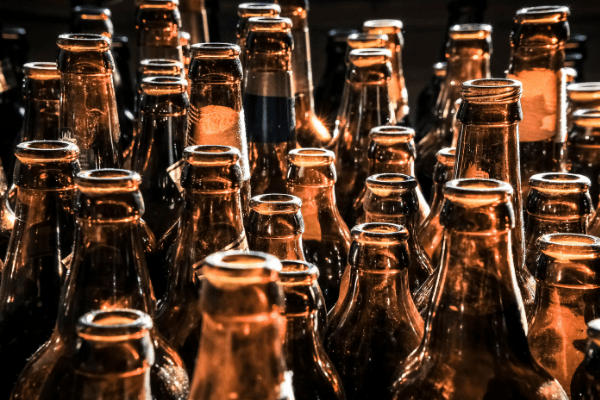The death of a student at a hazing in the early hours of Sunday morning once again put the practice, which involves submitting first-year students to embarrassing and often painful initiation ceremonies, in the spotlight. The cause of death is still being investigated.
Since reports of the death were reported on Sunday, the young male victim has now been named: 19-year-old Antonin Deneffe. More than 300 young people were staying in Gedinne, a small town in Namur province, but the exact circumstances surrounding his death are not yet clear.
Despite not giving a clear cause of death, an autopsy on Tuesday night has ruled out some possible causes. Addressing reporters on Wednesday morning, public prosecutor Vincent Macq said "the autopsy makes it possible to close several doors: for example, Antonin did not die as a result of an external act, nor of a fall, nor of hypothermia, nor of any of the actions taken during the baptism ceremony."
Furthermore, whilst alcohol consumption is a regular feature of such events, Macq stated that "No alcohol was consumed during this ceremony," a point that many witnesses were questioned about. "But after the baptism ritual, the alcohol flowed freely. This we know because another young person had to go to the hospital that same morning. By noon he had 2.9 per mille alcohol in his blood. So yes, the alcohol flowed freely.” This is equal to being approximately six times over the alcohol limit for driving.
Related News
- Young man dies in student hazing in Namur
- Auctioning off new students during 'baptism' abolished in Leuven
- All 18 accused in hazing death of student Sanda Dia sent for trial
In light of this, it is highly likely that excessive alcohol consumption at least played some role in the tragic incident. However, a toxicology examination is currently underway and should give a clearer idea of the actual cause of death when results are delivered in the coming days.
At Wednesday morning's press conference, Macq did take a moment to question the very nature of student hazings, asking "How could such a thing happen?" He added that "We need to urgently rethink the way in which these events are carried out." Macq is far from the first to voice their concern about the rituals, with the rector of the University of Antwerp calling for an explicit ban.

